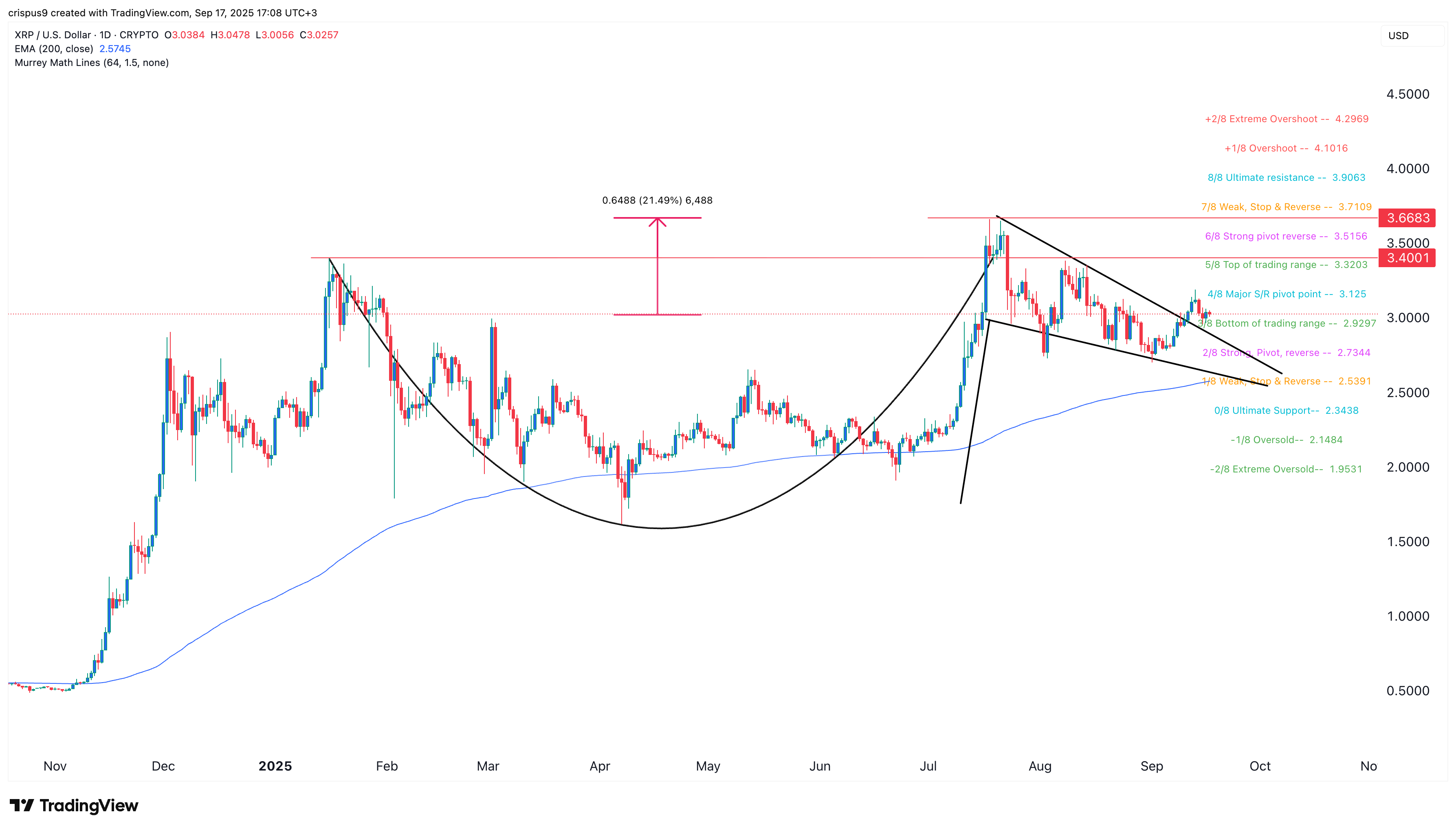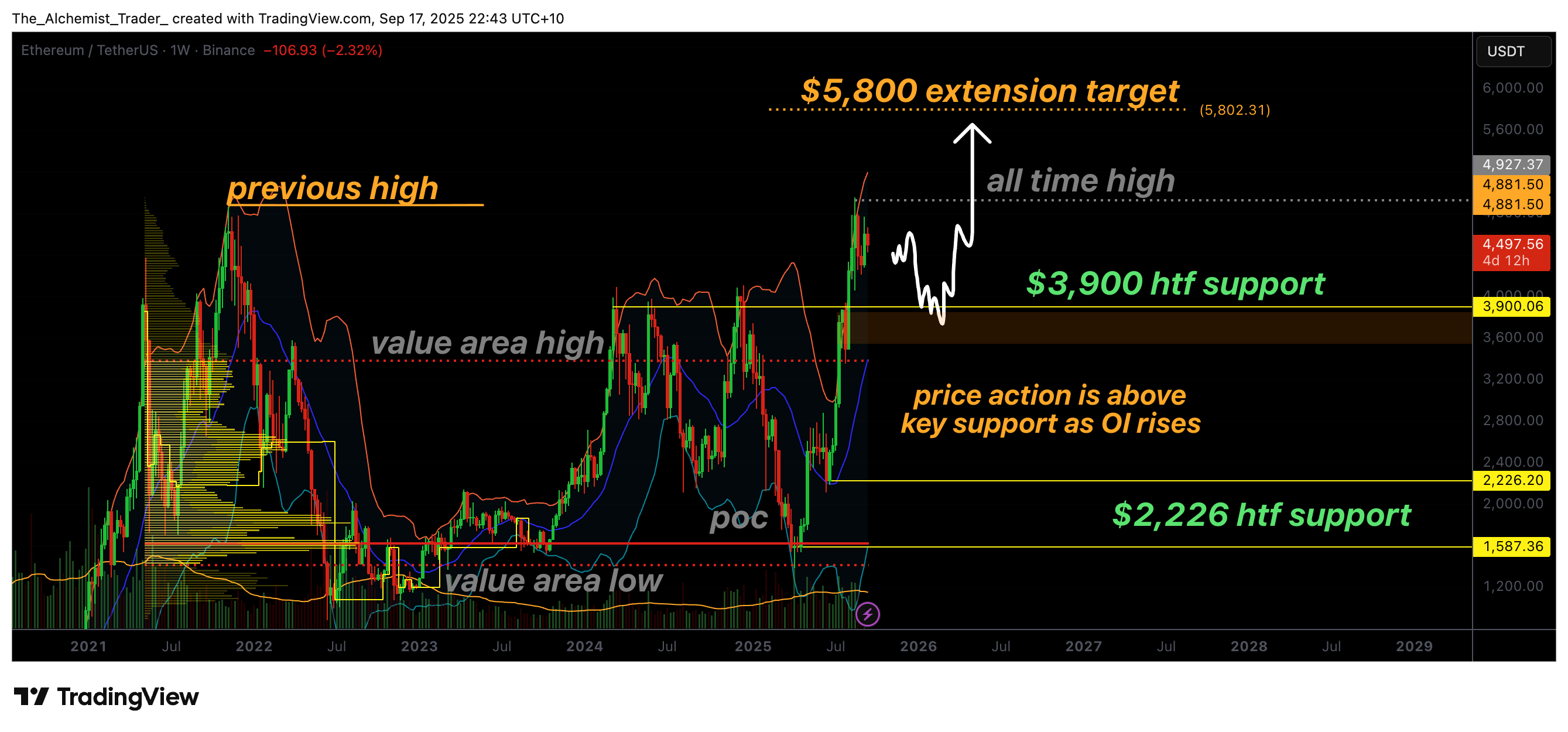Korean regulator imposes $220k supervisory fee on domestic crypto exchanges

South Korea is set to introduce a supervisory six-figure fee for the nation’s crypto exchanges based on their operating revenue.
Korean crypto exchanges, such as Upbit, Bithumb, and Coinone, will soon be obligated to pay an oversight fee to the Financial Supervisory Service of South Korea beginning next year as the country steps up its regulatory framework for the crypto sector.
According to local media reports, the supervisory fee is a part of the “Virtual Asset User Protection Act” implemented by the Financial Services Commission of South Korea on July 19. Under the legislation, the total fees charged on operating income for the leading exchanges are estimated to be around ₩300 million (approximately $220,000).
The supervisory contribution for these operators is calculated based on the contribution rate applied to the operating revenue from the previous fiscal year. Using the 2024 contribution rate for operating revenue, Upbit’s contribution amounts to approximately ₩272 million (approximately $199,400), while Coinone and Gopax are expected to contribute around ₩6.03 million ($4,400) and ₩830,000 (around $600) respectively.
Crypto exchange Korbit was exempt from the supervisory contribution due to its operating revenue of approximately ₩1.7 billion ($1.2 million) last year. This fee compensates for the supervision and services provided by the FSS and applies only to businesses with an operating revenue of 3 billion won or more.
New rules for Korean crypto exchanges
Local industry representatives initially suggested delaying the imposition of supervisory fees on crypto operators. However, the decision to implement these fees was expedited due to upcoming inspections by the FSS following the enforcement of the Virtual Asset User Protection Act.
The new law introduces several requirements for crypto exchanges, including a mandate to keep at least 80% of users’ assets in cold storage. These assets must be kept separate from company funds and invested in “risk-free” assets to generate a yield. Additionally, exchanges must reassess listed assets by verifying their circulation and reviewing their whitepapers, with any assets that fail to meet the criteria required to be delisted.
The recent enforcement follows the postponement of a 20% crypto gains tax by South Korea’s Ministry of Economy and Finance, with reports indicating that the ruling party may delay the tax until 2028.




